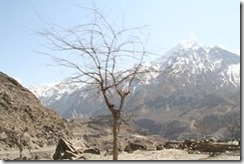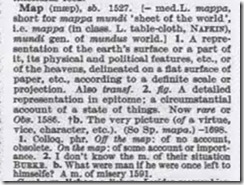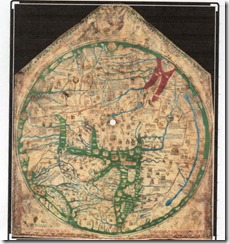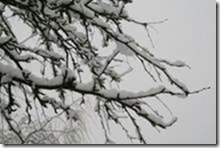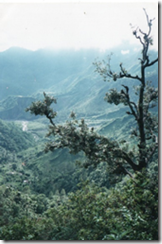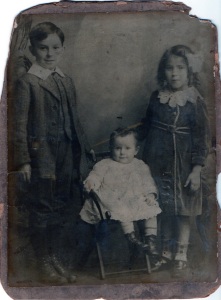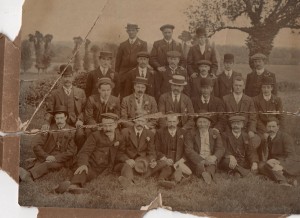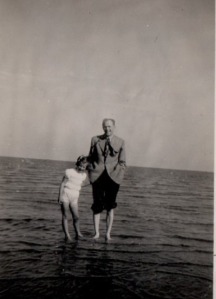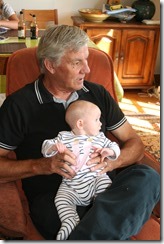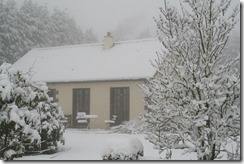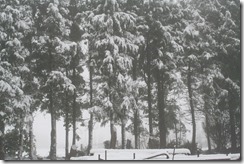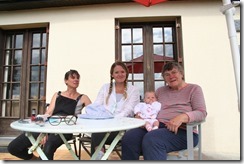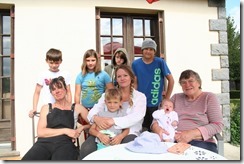Sempiternal
I woke up this morning with what I thought was a quotation from T.S.Eliot in my head.
‘April is the cruellest season
Sempiternal though sodden towards sundown’
though taking down rather yellowed and dusty books showed me that I had mixed up the beginning of The Waste Land and the last of The Four Quartets – Little Gidding.
How the brain uses what it knows or half remembers to provide solace, disturbance or resolution when needed! This is indeed what April has been like – everlasting – seemingly sinking as the darkness gathers and it feels cold enough to need a fire.
I love the word sempiternal and came across it again as a result of my French homework: We are studying French literature – reading poems and stories, looking at biographies and I am trying to write short biographical summaries and to translate into English some poems.
‘….et le vieux tremble sa plainte sempiternelle’ this week.
This came from Verlaine’s poem ‘Apres trois ans’ and sent me back to dictionaries English and French to get the real meaning of sempiternal. Then I had problems with what went with vieux – the old I thought were trembling only to find that tremble is also a shaking aspen – or poplar in my dictionary. It was lovely to find sempiternal again – and it has obviously stayed in my head – and the hours I spent with dictionaries French and English, Larousse Synonyms and the internet was a positive and happy lockdown afternoon!
So the time passes. I sense the freedom of English family and friends as they begin to pick up the threads of life again. We may be doing this next week, fingers crossed. These ‘markings’ of time passing though have had a profound effect on me – I seem to have slowed down a lot and as a result, one of the good ones, not the failure to note the time when things are burning on the stove, or missing zooms, has been a new attention to detail and to processes that I have taken for granted before. Some of the days seem endless – indeed sempiternal – others go fast so quickly that it seems we put the rubbish out for Tuesday collection every other day!
Truly what we have, and value, seems more acute and we are more thankful for than before. Phil is planting seeds, growing onions and potatoes, creating lovely flowers to provide for the summer so that we can live healthily and frugally through the whole year. The beauty of our garden and surrounding hills and trees has been a solace.
Slowing down has meant for me a lot of re-arranging, finding the best way to do things, appreciating all that I have. I’ve renewed my love of books and studying and have re-discovered important things in my life. My loving family and friends keep me alert and positive and although the global situation and politics are worrying and make me heavy- hearted I have found a renewed belief in life and the possibilities of change.
So small focus in the middle of lost choices and narrowed perspectives. I am thankful to all the people who have contributed to this – both those who have left their mark in writing, painting and philosophies – and the people I know and love and those I hope to meet with again soon.
I hope that I can write more regularly on my blog now. Watch this space X

